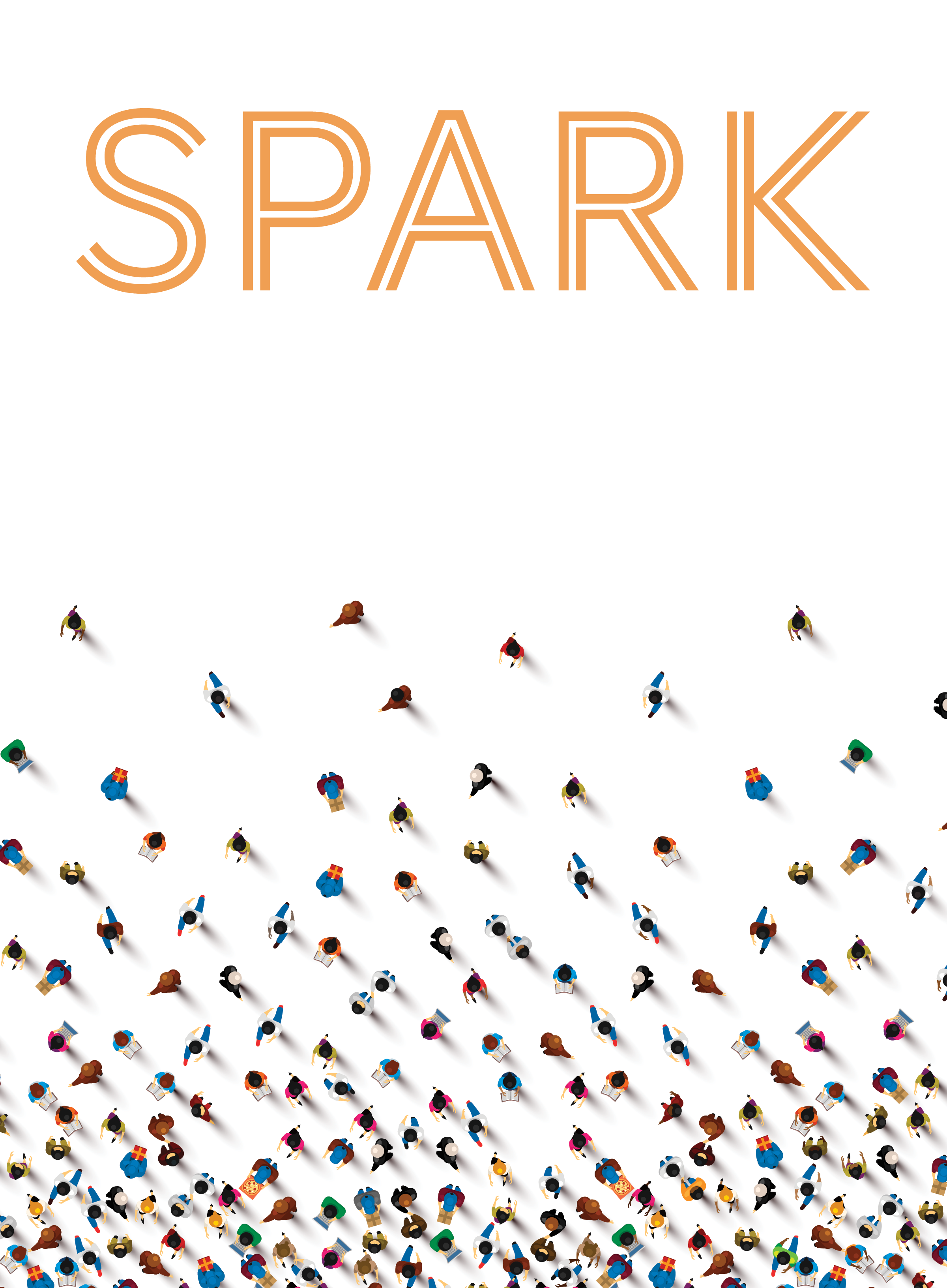Radical listening for better arguments

A Q&A with author Eric Liu
Power is infinite: that’s something Eric Liu – author, founder of Citizen University and executive director of the Aspen Institute Citizenship and American Identity Program – wants people to remember. His book, You’re More Powerful Than You Think, outlines the ways in which people on both sides of an issue can reclaim power and make change in the world. We caught up with Liu, who shared his ideas on civic engagement and why it’s important to have better arguments in an age of political divide.
 Q. Your book outlines ways of better understanding power and practicing power. Why do you think this is an important concept for Americans to better understand?
Q. Your book outlines ways of better understanding power and practicing power. Why do you think this is an important concept for Americans to better understand?
Eric Liu: Too many Americans are essentially illiterate in power. The word “power” itself often has negative connotations. But power inherently is neither good nor evil; it just is. And if you choose to be willfully ignorant about it, you are ceding the field to others who will claim your power in their name. Now is the time for Americans to get past any discomfort they have with talking about power, and claim the power to make change. Today’s world is a place where we can’t afford to be mere spectators; we need to create a culture where everyday citizens are comfortable practicing power.
Q: There are many individuals of different beliefs who feel pessimistic or cynical about America’s political system. What makes you feel optimistic, and what encouragement would you share with someone who feels that pessimism?
EL: That feeling of pessimism and cynicism is understandable. In this age of inequality, many people have a sense of powerlessness about civic life, like the system is rigged against them, and they “don’t have a say.” But we’re also in a period of history where citizens are demanding their power back from the status quo. The movements I discuss in You’re More Powerful Than You Think span the political spectrum from the Tea Party movement to Black Lives Matter, from Trump supporters to Sanders supporters, but they’re all examples of citizens taking power. There are energetic, bottom-up movements being led around the country. That’s how the country has renewed itself in dark times before, and we need to do that again.
Q: Do you have a definition you like to use for what constitutes civic engagement?
EL: At Citizen University we often talk about practicing powerful citizenship. And by that we don’t mean whether or not someone has the documents granting them citizenship, but whether they are problem-solving contributors in a self-governing community. Responsible citizenship requires both cultivating one’s own civic character and understanding and using the tools of power to make change.
Q: The Aspen Institute’s Better Arguments Project is aimed at teaching Americans to have better arguments in order to help bridge ideological divides. Why is it important to have better arguments?
EL: Perhaps counterintuitively in today’s divided political climate, this project is centered around the idea that we need more arguing. We don’t need fewer arguments, or less passionate ones, we need less stupid ones. That means recognizing that America is an argument – between liberty and inequality, strong national government and local control, Pluribus and Unum. It also means having arguments that are more emotionally intelligent, so that we don’t fall into the habits of self-reinforcing righteousness that social media trains us in. Public libraries can play a central role in this work. They are uniquely suited to bring people together across divides.
Q: Sometimes passionate arguments can come out of nowhere. What do you think is the most effective way of having a better argument with someone who has different or even opposite ideological values?
EL: When arguments happen between people who consider themselves different or even enemies, what’s needed is a rehumanization. The first step is radical listening; agreeing to simply listen without seeking to persuade or convert, but rather to understand. Then going into the argument with knowledge of one’s own principles and biases, as well as a willingness to have your own mind changed.
Q: What else would you like to add?
EL: A lot of anger, frustration, and resentment in civics comes from a misconception that power is zero-sum; that it’s always “I win, you lose” or vice-versa. I like to emphasize the idea that we’re all better off when we’re all better off. True self-interest is mutual interest, and we’ve got to remind each other of that all the time. Second, if you’re stuck in a zero-sum scarcity mindset, remember: there’s not a fixed amount of power in the world – that’s a law of thermodynamics, not civics. In civic life, power is infinite. You can always generate power where it didn’t exist through the magic act of organizing. ■
Send your questions or feedback to ithink@anythinklibraries.org or comment below.

